Black Rock Forest will not be hosting a Summer Science Camp in 2025. Instead, we will be partnering with Newburgh Enlarged City School District to offer summer science in the Forest. If you are interested, please visit https://www.newburghschools.org/ for more information.
To receive more information about other public programming at BRF please sign up for our E-News below!
From 2012-2022, Black Rock Forest welcomed middle school students (ages 11-15) for authentic learning experiences in nature, working directly with scientists, artists, and naturalists. See below a sampling of our classes.
Previously Offered Summer Science Camp Classes
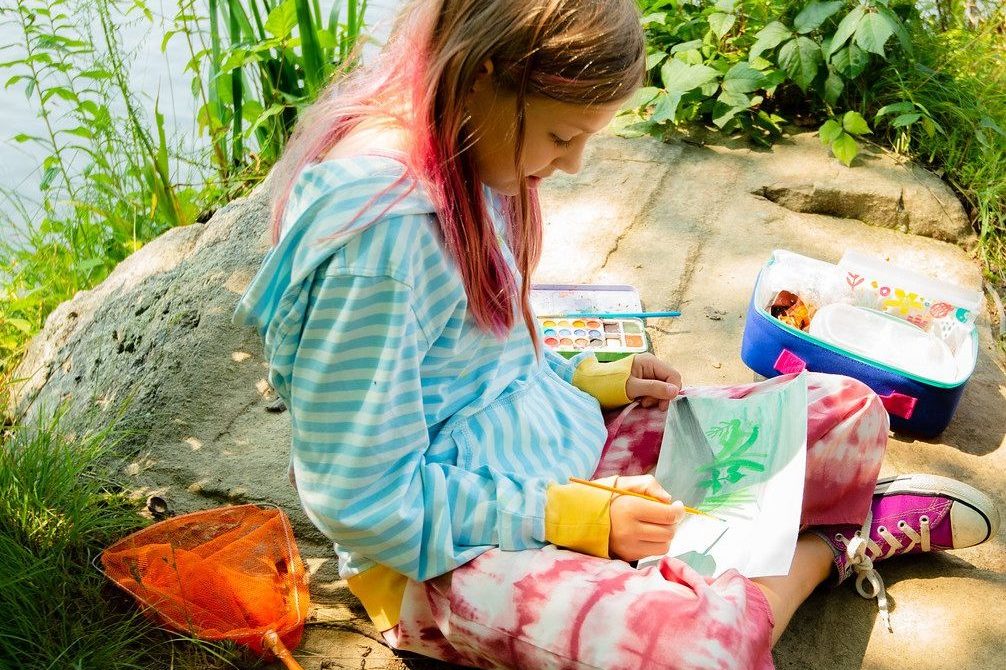
Biodiversity Blitz : From Ambystoma to Zygoptera
Dr. Terryanne Maenza-Gmelch, Senior Lecturer, Barnard College
Explore the forest to examine as many species as you can: reptiles, amphibians, insects, birds, plants, mammals, fungi and more. Interesting creatures can turn up in unexpected places. Last summer over 300 species were identified and observed and we hope to beat that number this summer! We will hike in wetlands, stream ravines, ridge tops, meadows and the forest while examining the amazing biodiversity in this part of planet Earth. Students will participate in ongoing scientific research at the forest: surveying birds by sight and sound along an elevation transect; capturing, measuring, weighing, and releasing painted turtles for a turtle population study; and identifying and counting invertebrates in a deer exclusion experiment. Students will also engage in daily art projects and cook with wild edible forest fruits and ingredients from our local farm. Participants will leave with an understanding and appreciation of the forest ecosystem, training in plant and animal survey methods, and a clear vision of the benefits of biodiversity and how to protect it on a personal and global scale.
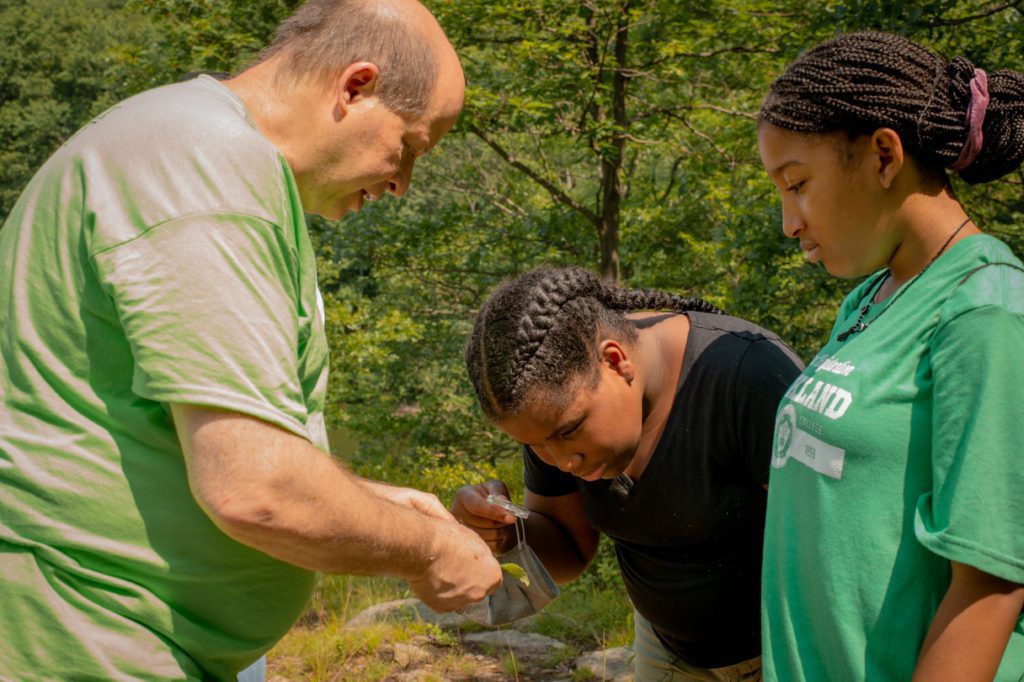
The World of Insects : Infinite Variety on a Common Theme
Dr. Julian Stark, Associate Professor of Biology, CUNY/Queensborough Community College and Research Associate in Invertebrate Zoology, American Museum of Natural History
In this class, students will be introduced to the fascinating world of insects. We will discuss how insects evolved, learn about their bizarre body parts and characteristics, survey the diversity of the different types, and explore how insects interact with other forest animals. The class balances time in the classroom with field investigations and laboratory work to analyze what was found in the field. Collection techniques will include several types of traps which will be emptied and the data recorded over the course of the week. We will also maintain live specimens in the lab for the duration of the class, to examine insect behavior in detail. Students will learn how to collect, preserve, and identify (to Order) specimens, and will make a 10-20 specimen collection box to take home upon the completion of the class.
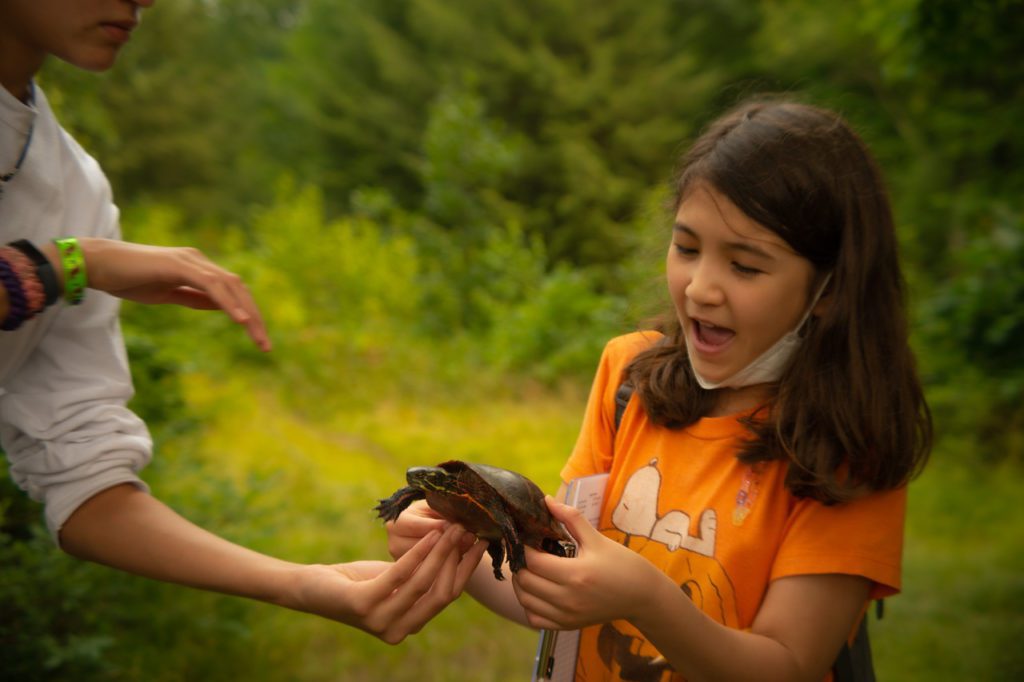
Cold Blooded Creatures : A Course in Field Herpetology
Ivan Monagan, Ph.D. student and Research Fellow at Columbia University and the Richard Gilder Graduate School at the American Museum of Natural History. Leroy Nuñez, Ph.D. Candidate at the Richard Gilder Graduate School at the American Museum of Natural History.
Black Rock Forest, with its diverse habitats, is home to 34 different species of reptiles and amphibians. Students will apply field techniques used by biologists to find and catch reptiles and amphibians. In particular we will be setting drift fences in the forest and turtle traps in ponds. Ultimately students will learn how to identify the reptiles and amphibians of the forest using a dichotomous key, as well as learning about their ecology, behavior, and how to collect and analyze data for scientific research. Data that will be collected will include body measurements (e.g. shell measurements of turtles, body length of snakes), sex, location, and other important information at the time of capture. With this information students will be able to address questions about population demographics and habitat selection of the different reptile and amphibian species.
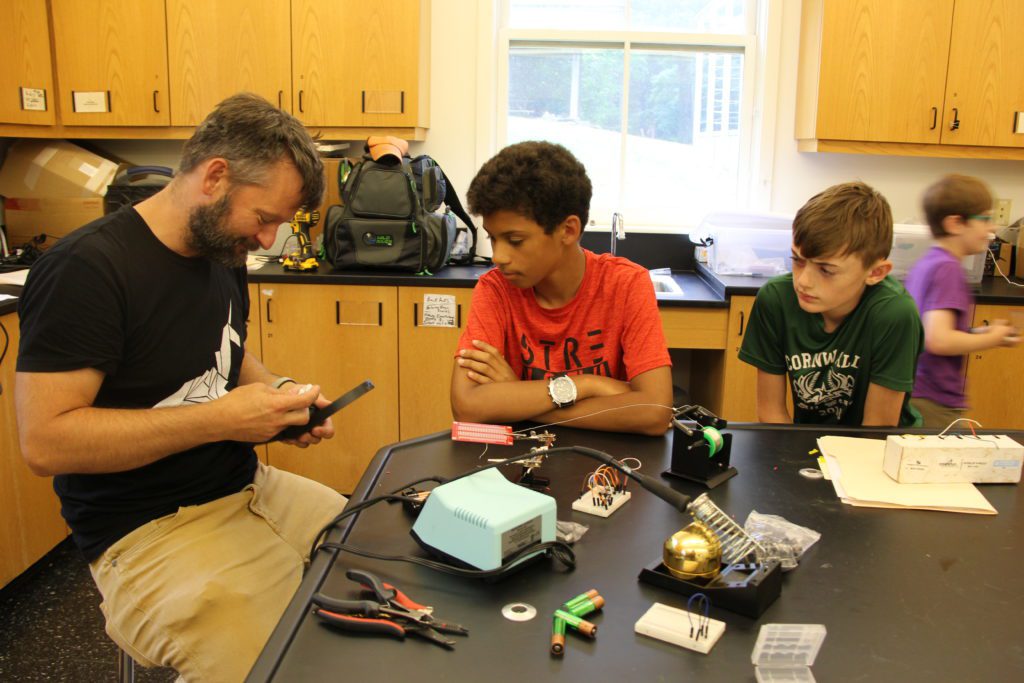
Make Nature : Exploring Nature with Technology
Jeremy Hise, Systems Professional and Environmental Biologist, B.A. Columbia University
Are trees bigger during the day or night? How long does it take for a tree to respond to rain? Do temperature or light correlate with tree size? In this workshop-oriented materials lab, students get hands-on experience answering those questions and more. They will acquire new skills including designing electronic circuits, programming, soldering, and bread-boarding – skills that are directly applicable to other electronics-based programs. They will also utilize the scientific method to form hypotheses, develop their own technology-based methods to make scientific observations, analyze results and discuss their findings with fellow young scientists. During the week, students will conduct scientific research with electronic sensors of their own design.
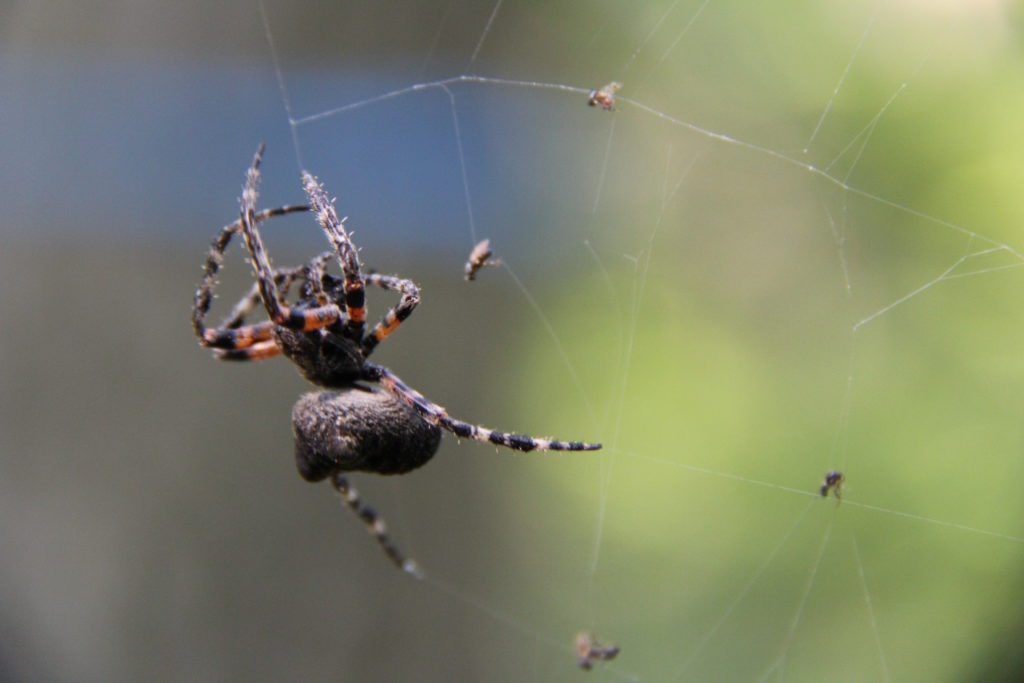
Life on the Web : Junior Entomologist Spider Diversity Study
Joseph Arguelles, Doctoral Candidate at the American Museum of Natural History’s Richard Gilder Graduate School
In this fun outdoor experience, students will learn all about the world of spiders! We will focus on the various habitats where spiders can be found, the properties of the silks they make, and how spiders capture their prey in different habitats. In the lab, students will get up close and personal with live spiders, learning to identify various species, observing their behaviors, testing the properties of their silks and practicing scientific illustration. Guided forest tours will let the students search for spiders and their webs, collecting photos of their observations. These observations will be contributed by the instructor to iNaturalist, a website for tracking species biodiversity, on behalf of the students. Each student will receive a printable ‘Fact Sheet’ on all the spiders observed during forest tours, as well as a ‘Junior Entomologist’ certificate for their contributions to science.
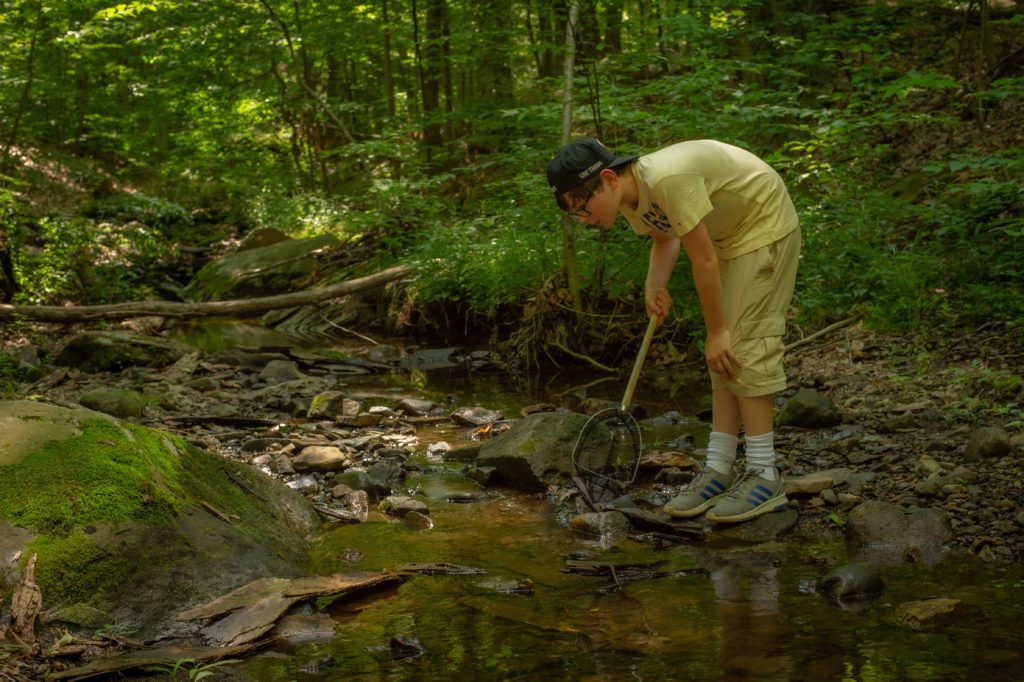
“Gone Fishing!”: An Exploration of the Freshwater Ecology of Black Rock Forest
Aidan Mabey, Environmental Scientist, B.S. SUNY New Paltz, Eli Schloss, Tideline Program Director and Ruthie Gold, Program Director at the Hudson River Sloop Clearwater.
Take a deep dive into the slimy and scaly creatures that call the streams and ponds at Black Rock Forest their home (don’t worry we’ll wear waders!) We will spend the week exploring all things fish through a scientific lens. What do they eat? What kinds of habitats do they like? What is the best way to catch them? Students will learn a variety of sampling methods used by biologists specifically for fish including building our own traps, using different kinds of nets and maybe even using a little electricity…no fishing poles in sight here! We will also explore the aquatic habitat at Black Rock Forest by learning how to determine water quality using scientific parameters and by taking a closer look at the macroinvertebrates and other critters who live in the stream. We will get to spend one of the days with educators from the Hudson River Sloop Clearwater. They will bring water samples, fish, and other Hudson River critters that we can explore and compare to what we find at Black Rock Forest. Come explore the creatures of the deep, let’s see what we can find!
Our Instructors
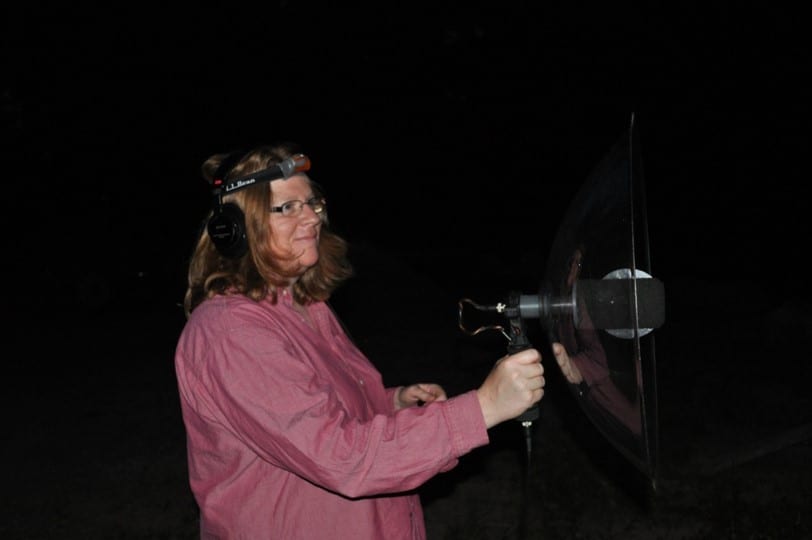
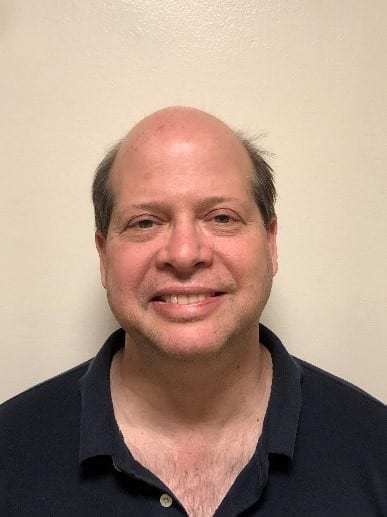
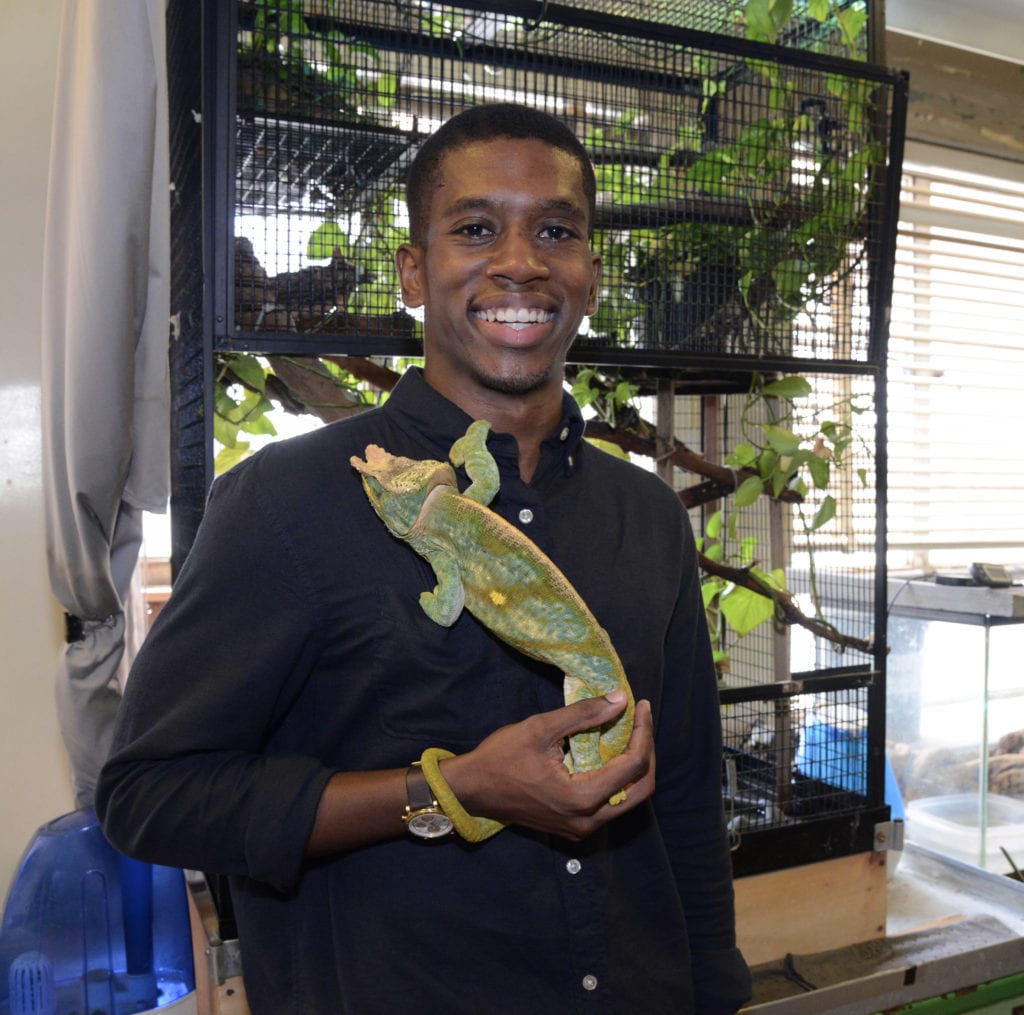
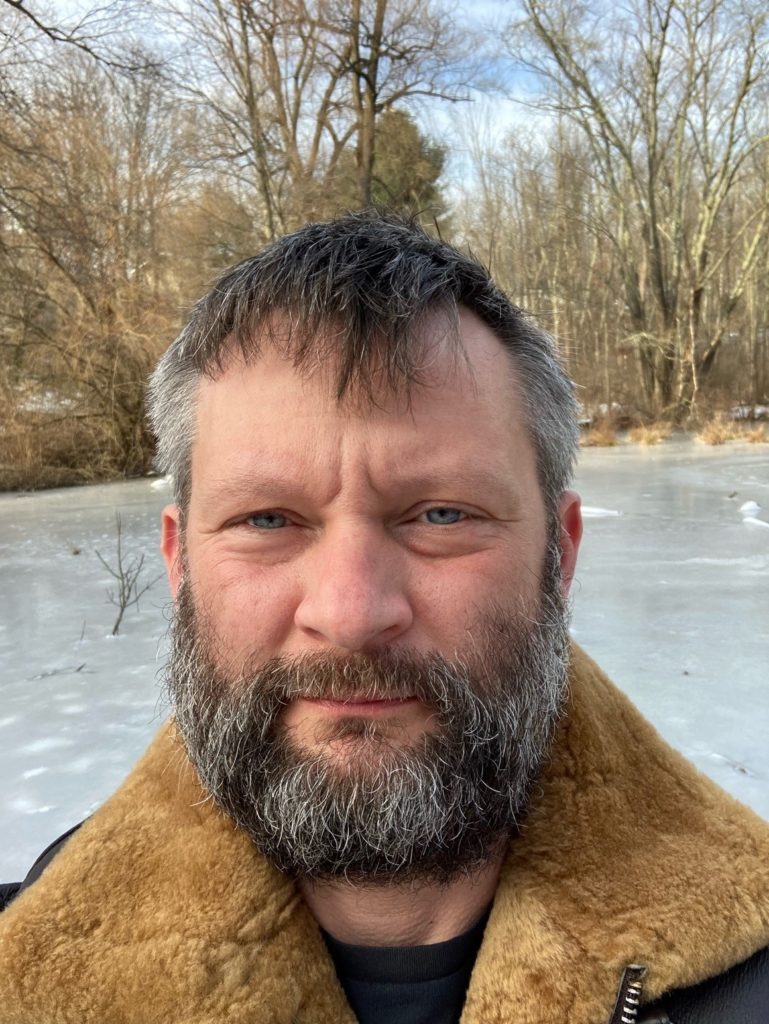

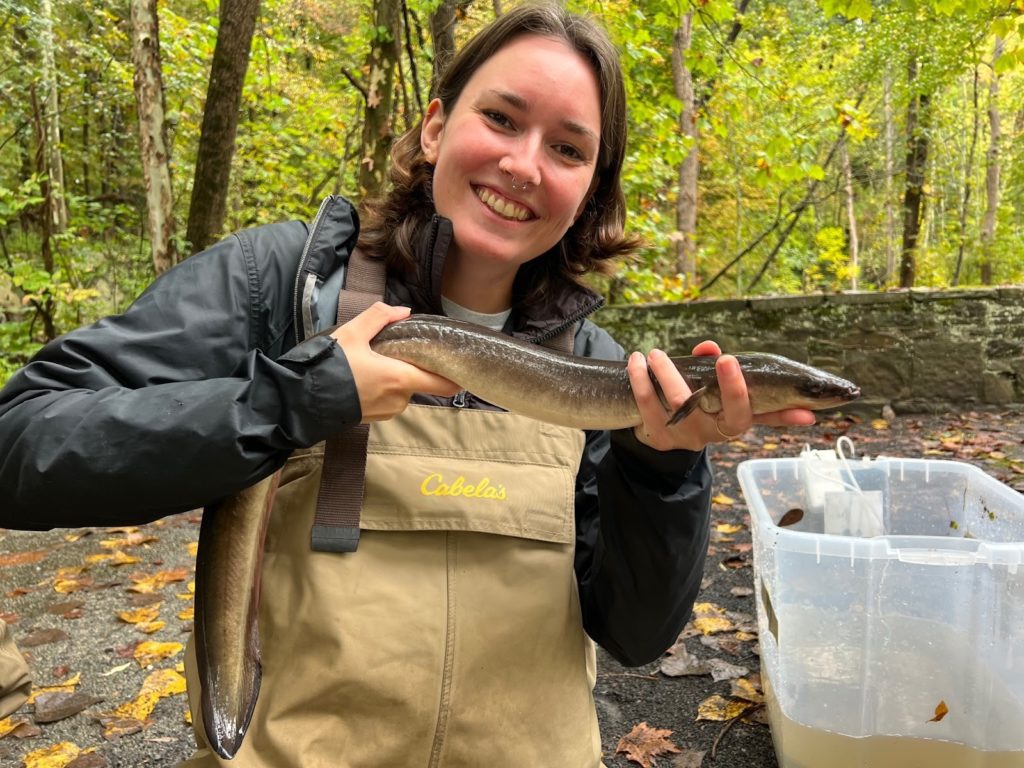
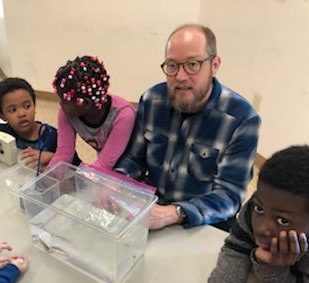
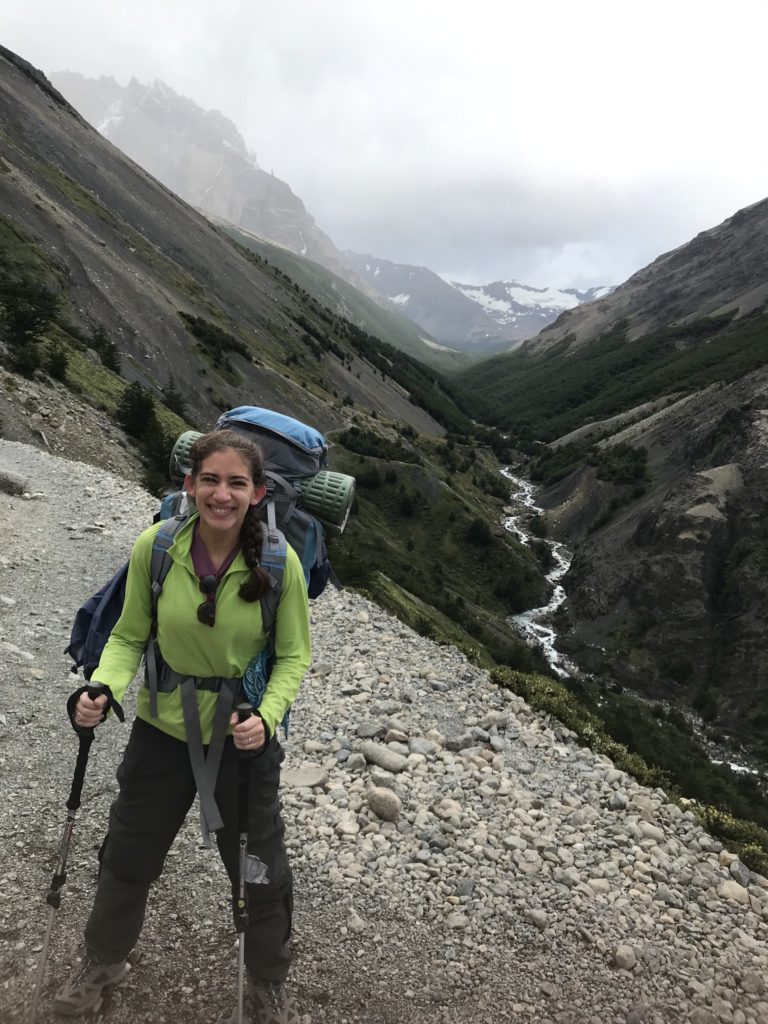
Past Years Schedule
| Class Schedule | Monday – Friday 9:00AM – 3:00PM |
|---|---|
| Biodiversity Blitz: From Ambystoma to Zygoptera | July 11-15 |
| World of Insects | July 11-15 |
| Cold Blooded Creatures | July 18-22 |
| Make Nature: Exploring Nature with Technology | July 18-22 |
| Life on the Web: Spider Diversity | July 25-29 |
| “Gone Fishing!”: An Exploration of the Freshwater Ecology | July 25-29 |
Please note that Summer Science Camp is a DAY CAMP.
If you have any questions regarding our Summer Science Camp program, please contact camp@blackrockforest.org.

